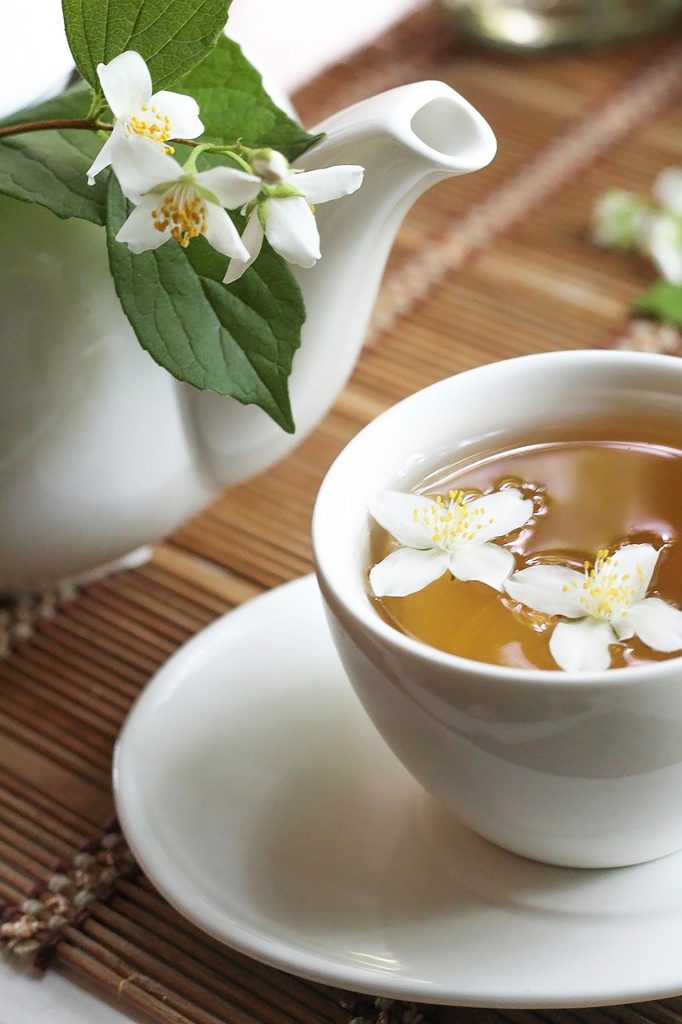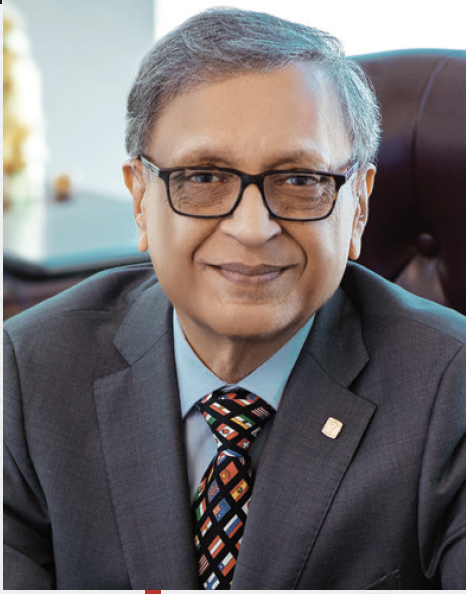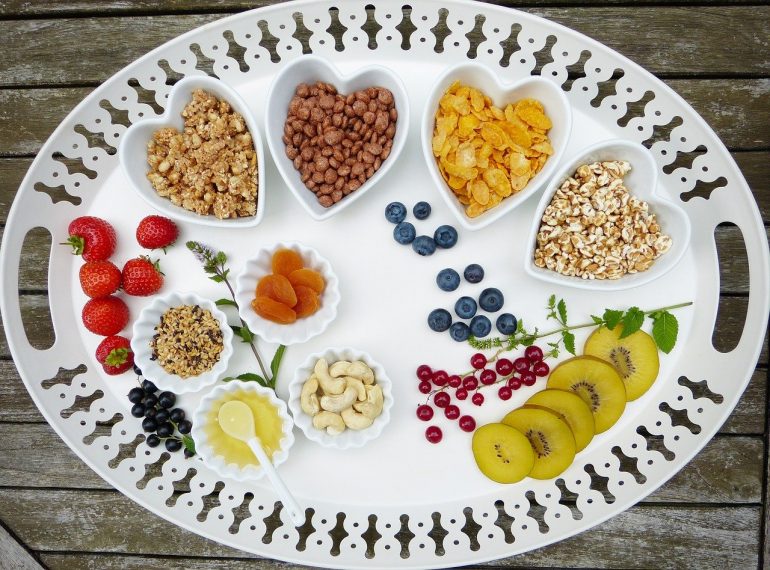Food is critical to our survival. When we apply the role of food in our integrative thinking, the role of food and health, it becomes apparent that Food Security includes climate, supply chain, sustainable agriculture practices, harvesting, storage, and processing of food. There is much talk about fresh food and its nutritional value, food processing, and impact on health. This op-ed will focus more on your role and Food and Health. However, the entire Food chain plays a critical role in health. As I have mentioned many times in these pages, the individual role is critical in their health. The body requires biological energy in the form of ATP and biochemical metabolic pathways to survive. All this requires the availability of nutrients in the fundamental component of carbohydrates, proteins, fats, micronutrients. Our bodies need vitamins, enzymes, etc.—all derived from the external food intake.

Industrial Revolution has made it possible that the food supply chain permits the distribution of food and essential ingredients to the large population. However, with this increased supply chain, gas come unintended consequences of loss of balance. That is my main message in this conversation. We must maintain balance in eating, balance in the type of food, balance in the amount of food, balance in when and how we eat. Loss of balance is a significant factor in ever-increasing obesity and chronic diseases like diabetes, arthritis, and even mental wellness. South Asia has been home to the development of excellent knowledge about food, describing and classifying types of food on to health values, and the food and cuisine are one of the healthiest. We need to pay attention to our habits around food, when we at, how much we eat, how we eat, why we eat, and last but not least, what we eat.

Let us take these ideas further for better health. First of all, you as an individual in total control of your habits around eating, being aware of what you eat is critical thus why you eat. We form our habits around social behavior; a considerable time and amount of food is directly part of the social visitation. With the availability of Tea (Chai), it is one of the most typical social drinks. Each cup requires one or two teaspoons of refined white sugar. One gets addicted to sugar; this is one of the biggest culprits in rising obesity and diabetes. Each teaspoon is 4 to 5 gm as of sucrose. Sucrose produces both glucose and fructose, and thus a large load of glucose is delivered to the body just by one cup of tea taken with two teaspoons of sugar. The body has to set the metabolic machinery of this sugar, and excess intake goes to storage in the form of fat. So-called visceral fat, this fat plays a significant role in insulin resentence and inflammatory pathways. I am saying that be aware of the amount of added sugar one consumes daily. The estimated average diet may have as much as 65 to 100 grams of added sugar. That is one of the critical issues around chronic diseases, and you can make the change if you’re aware of the amount of sugar you take. The same rationale applies to when you eat. Late eating puts an excessive burden on body metabolism to digest and metabolizes calories, our habit of late eating (9 -10 pm is not uncommon. These two simple changes can lower the burden of chronic disease. Think of it and add quality life years to your health.
More in the upcoming edition. Till then, reduce added sugar and be aware of what you eat. Food is this medicine.

Arun K Garg, PhD, MD FRCPC
Medical Lead, South Asian Health Institute, Fraser Health (www.fraserhealth.ca), Clinical Professor, Faculty of Medicine. The University of British Columbia, Adjunct Professor Faculty of Health Sciences Simon Fraser University; Distinguished Visiting professor , Swami Vivekananda Yoga Anusandhana Samsthana (S-VYASA), Executive Member: Global Association of Physicians of India Origin (www.gapio.in)



